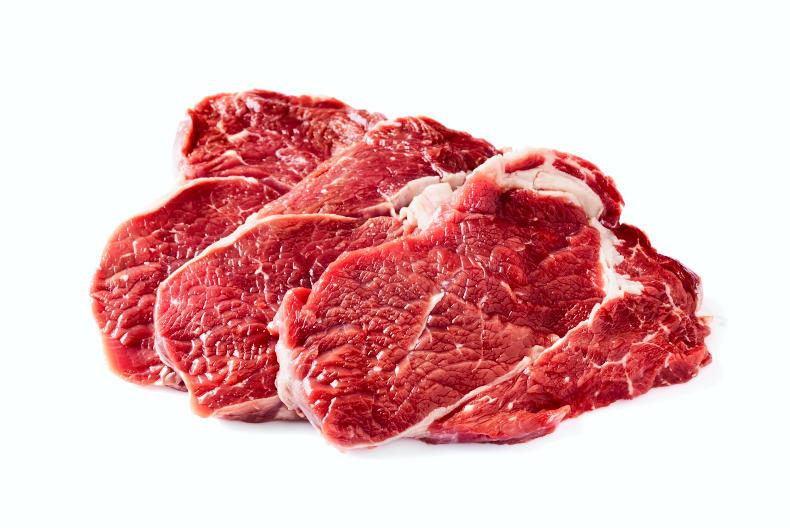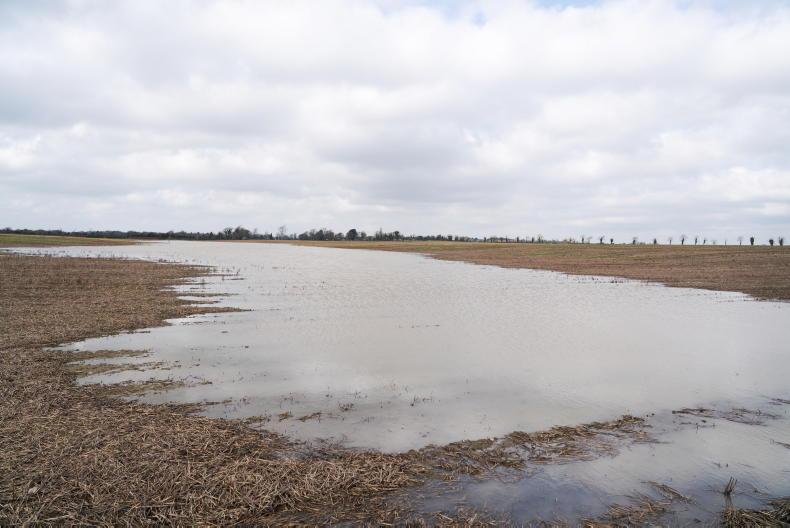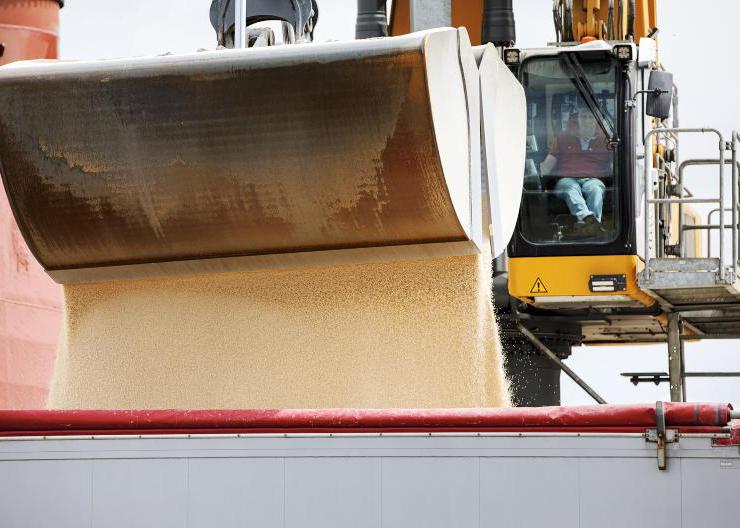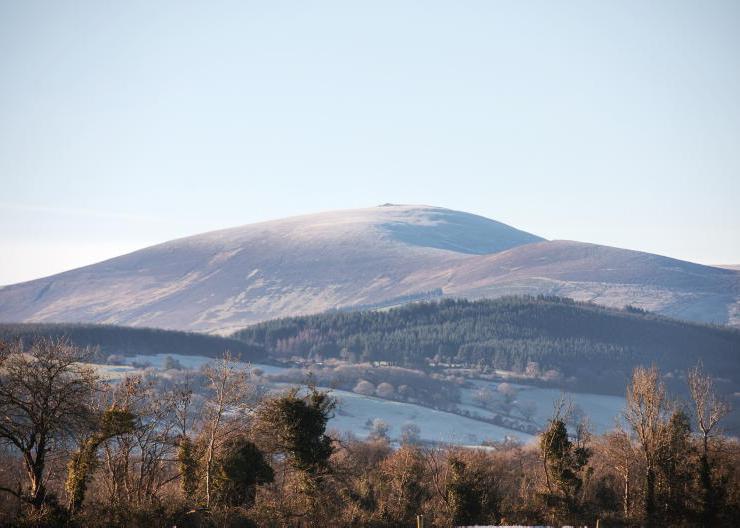Irish agriculture has nothing to fear from a carbon tax on food, according to economist Colm McCarthy.
Speaking at the dairy and climate change think-tank organised by the Irish Creamery and Milk Suppliers Association (ICMSA), McCarthy said the most effective way to tackle climate change was to introduce a carbon tax on consumption instead of the current territorial production-based emission targets.
“If Irish agriculture believes its own publicity, that it is a very efficient producer of milk and beef, then it has nothing to fear from a consumption-based carbon tax because it will drive out high emission producers,” said McCarthy.
“The origin of a product is irrelevant in terms of carbon emissions. The planet only has one atmosphere and the architecture of international climate policy needs to change to reflect that."
The UCD economist said he believed the EU’s climate change policy is changing and will move towards consumption-based carbon taxes in the coming years.
McCarthy said that the EU is beginning to introduce taxes on airline fuel for the first time, which is the first time aviation consumers will be taxed indirectly.
Applying lime can capture carbon in soils
The ICMSA think-tank also heard how applying lime on farms can build carbon stocks in the soil over a long-term period, research from Agri-Food and Biosciences Institute (AFBI) in Northern Ireland has found.
Speaking at the event, Dr Dario Fornara, principal science officer at Agri-food and Biosciences Institution (AFBI), said long-term trials on grassland running since the 1970s in the UK had shown that applying lime had a positive effect on building soil carbon stocks as it increased microbial activity.
AFBI research in Hillsborough also found that soils that received applications of cattle slurry were also very effective at capturing carbon.
Dr Fornara estimated that between 10% and 15% of carbon in cattle slurry can be retained by soils.
Prof Gary Lanigan, principal research officer on climate change and greenhouse gases at Teagasc, said there needed to be an “absolute sea-change” in Irish farming in terms of nitrogen usage.
Lanigan said protected urea, a ban on splash plates for slurry spreading and the adoption of trailing shoe slurry applicators would greatly help solve a lot of problems around C02 and ammonia emissions.
The ICMSA’s dairy and climate change think-tank included delegates from right across the spectrum of the climate debate, including dairy farmers, environmental lobby groups, politicians and climate activists.










SHARING OPTIONS